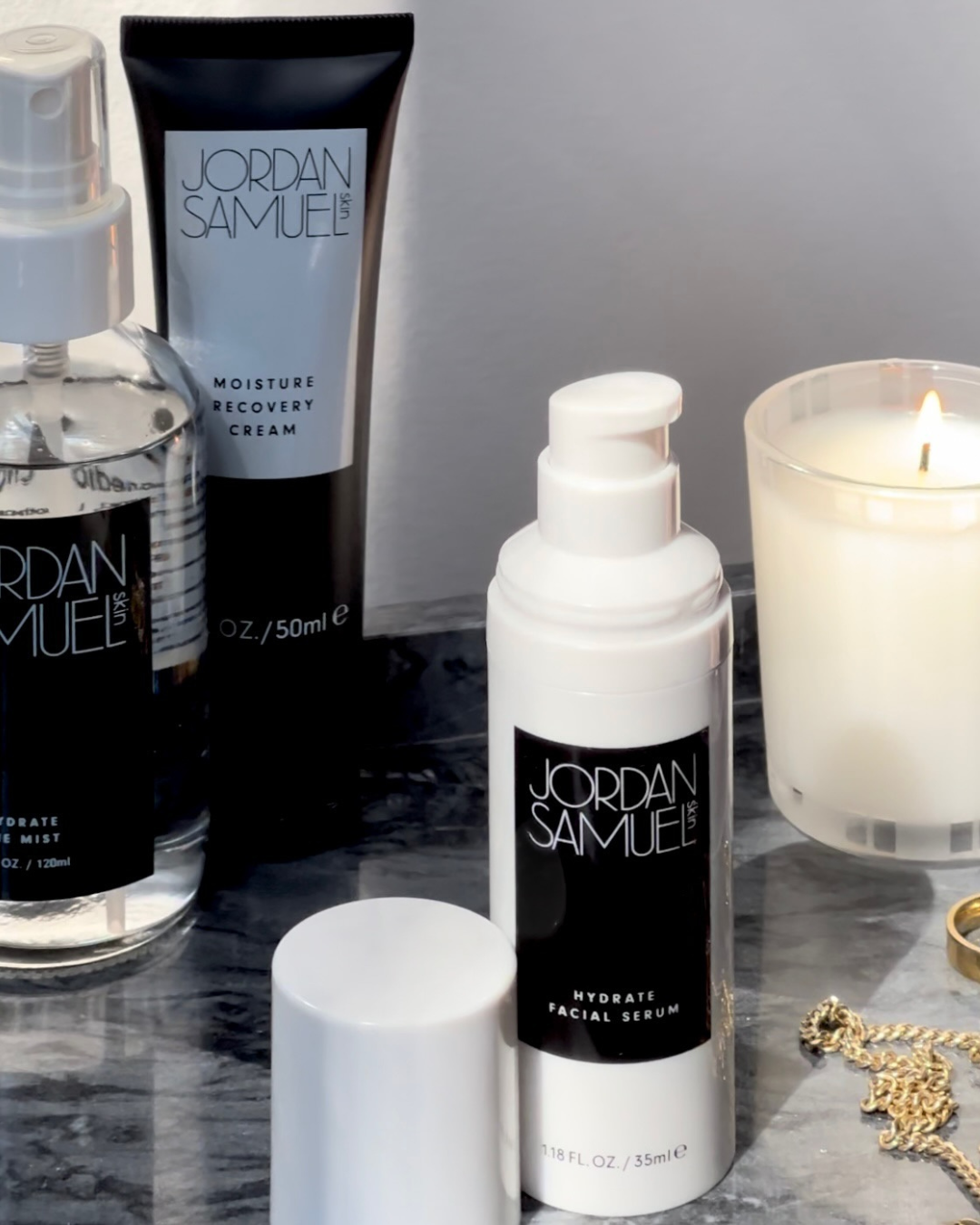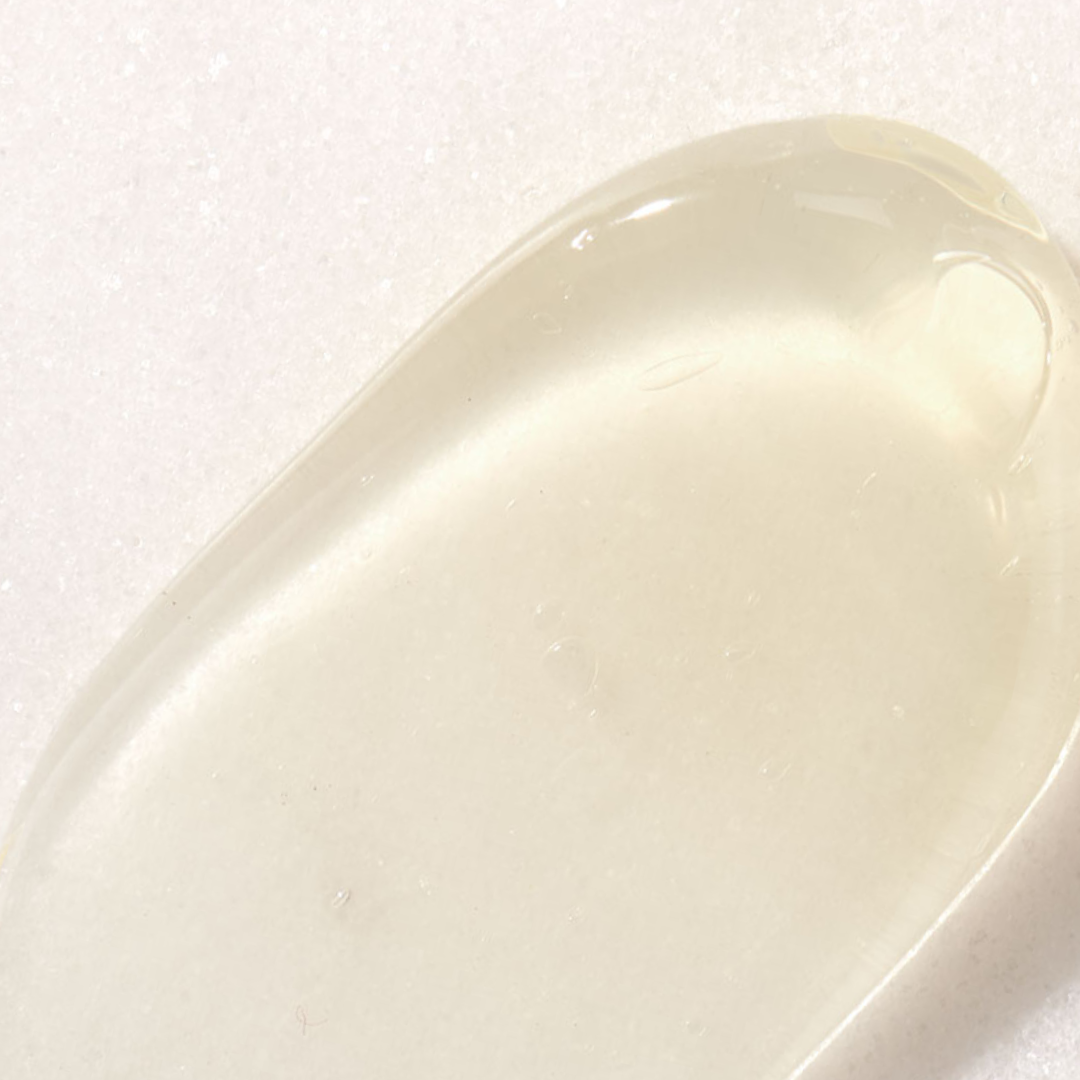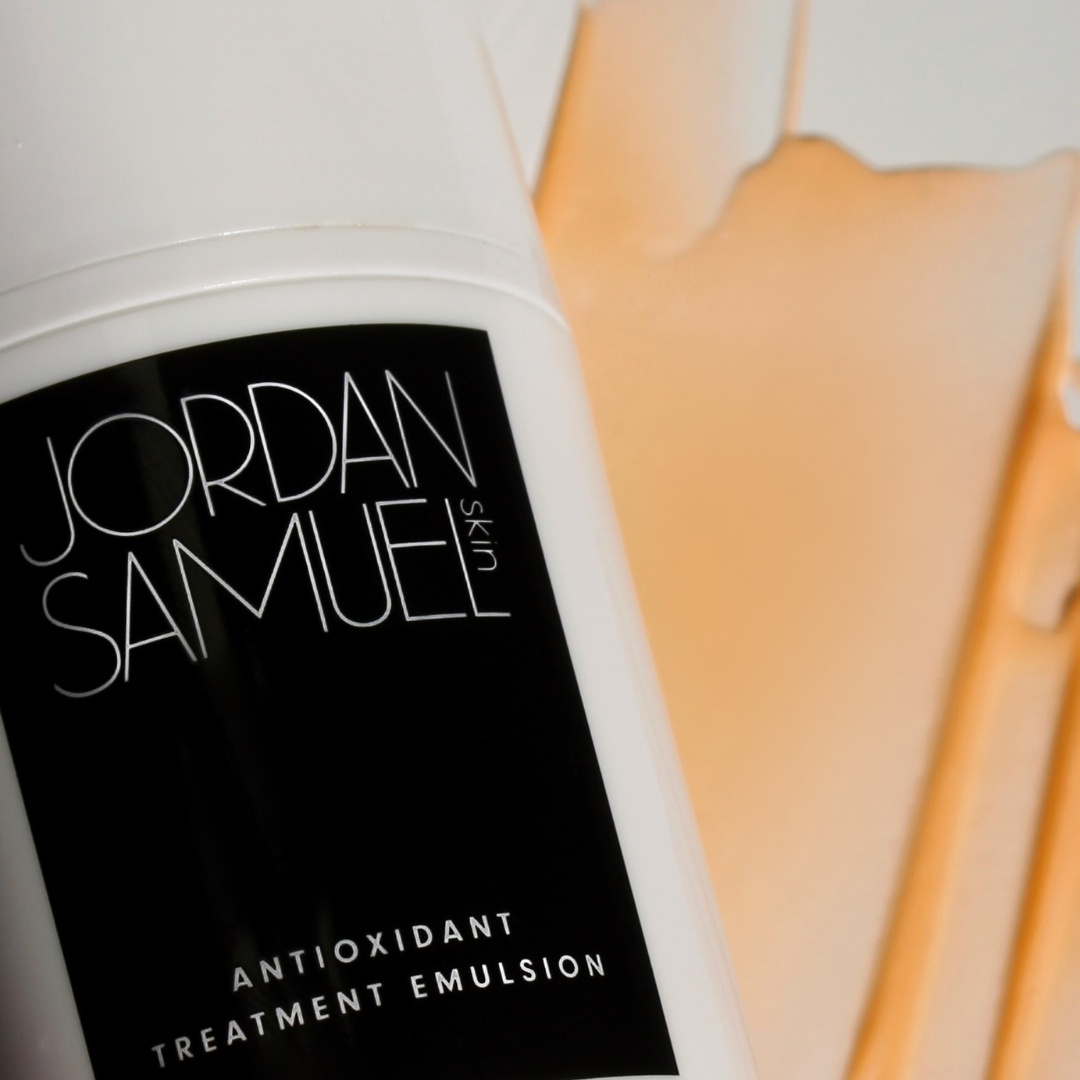The marketing language for beauty products often boasts about antioxidants in general, enigmatic terms. You’ve probably heard that antioxidants play an important role in your skin’s health, but what are they? What do they actually do? And how does this knowledge help you protect your skin?
It’s impossible to understand the importance of antioxidants without their counterpart, free radicals. They both work under the guiding principle that electrons don’t like to be alone; they need to be paired up in even numbers for optimal stability. Free radicals are unstable atoms or molecules with an odd number of electrons, and they will try to grab a new electron wherever they can to create a stable pair. By stealing electrons from their neighbors, free radicals disrupt other molecules around them and create a chain reaction of oxidative stress and damage. Antioxidants are the heroes of the story, breaking the chain reaction by scavenging free radicals and donating electrons to them.
Reducing the problem to “antioxidants good, free radicals bad” makes it easy to grasp, but like most things in life, this issue isn’t all black and white. Not all free radicals are bad. They even play a crucial role in some of your body’s natural biological processes, such as wound healing. A balance of free radicals and antioxidants is key.
Living in modern society, that equilibrium often swings in favor of free radicals. You’re likely to get barraged with free radicals from environmental sources like pollution, UV damage, smoke, and alcohol. The cumulative effects emerge as some of the most common skin concerns—uneven skin tone or texture, fine lines, wrinkles, and sagging. Introducing more antioxidants in your skincare routine helps protect and strengthen your skin by balancing out these harmful influences.
Some potent options to look for on an ingredient list include:
- Vitamin A, also known as good old retinol.
- Ubiquinone, also known as CoQ10. This antioxidant is so prevalent in the human body that the name “ubiquinone” was actually inspired by its ubiquity. Thanks to this pervasiveness, ubiquinone works well for a wide variety of skin types and concerns.
- Vitamin E, which can also be found in many plant seed-derived oils like almond oil, grapeseed oil, and avocado oil.
- Polyphenols. This category includes powerful antioxidants like ferulic acid and the flavonoids found in red wine, tea, berries, and coffee.
- Just like how fruits and vegetables provide our diets with lots of vitamins and nutrients, plant extracts from cucumbers, tomatoes, etc., bring antioxidant benefits to skincare.
- Vitamin C is tricky for me, since my skin doesn’t tolerate it very well. However, there’s no denying the mountains of research supporting vitamin C’s skin benefits. Not all ingredients work for everyone, some due to allergies or sensitivities—you may need to experiment to find what works best for you!
XO,
Jordan




